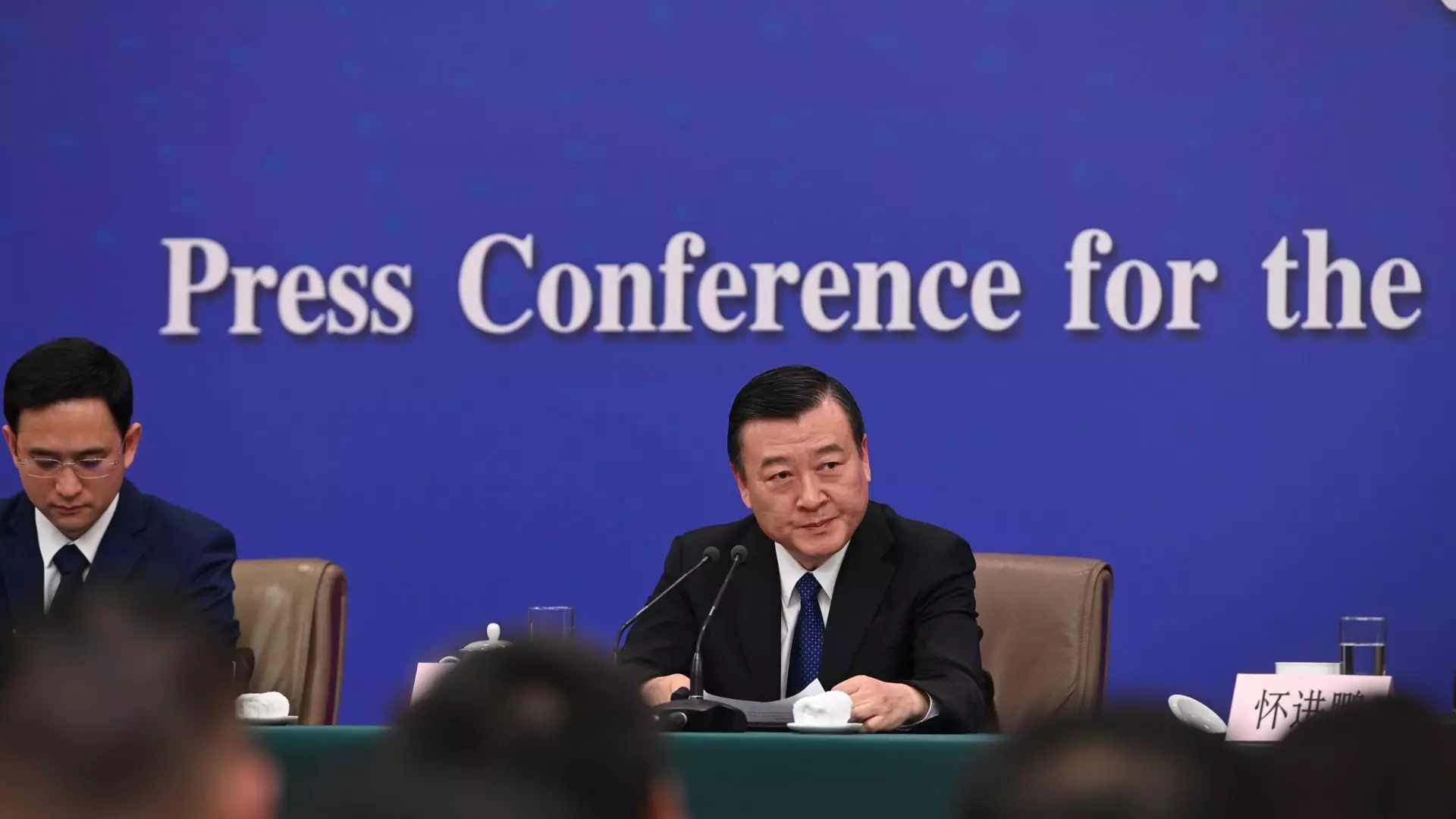In response to the ongoing crisis within its real estate sector, China has initiated a series of significant policy measures aimed at revitalizing the economy and stabilizing the housing market. With an ambitious plan to increase bank lending to unfinished housing projects to 4 trillion yuan ($561.8 billion) by the end of the year, these developments signify a crucial turning point in China’s approach to managing real estate challenges.
Launched earlier this year, the “whitelist” initiative has emerged as a cornerstone in the Chinese government’s strategy to support the real estate sector. By enabling city governments to endorse specific residential projects for expedited bank lending, authorities aim to ensure the completion of properties that have been stalled. This approach not only acts as a lifeline for developers but also serves to reassure potential homebuyers who have been left in limbo by unfinished projects.
According to Ni Hong, China’s Minister of Housing and Urban-Rural Development, the initiative has already generated 2.23 trillion yuan in approved loans, with expectations that this figure will double by 2024. This substantial financial backing represents an essential step toward addressing the construction bottlenecks that have plagued the market. Furthermore, all commercial housing projects can now qualify for the whitelist, broadening its scope significantly.
In the latest briefing, officials emphasized the urgency for banks to expedite the disbursement of funds to developers. There is a shift in the lending framework that permits full loan releases to developers upfront, a departure from the traditional tranching method that has previously hampered project timelines. This modification underlines a growing recognition that swift financial support is vital for restoring confidence in the housing sector.
However, experts caution that while these measures are certainly beneficial, they represent merely a fine-tuning of existing policies rather than a comprehensive overhaul of China’s real estate strategy. Bruce Pang, chief economist at JLL, points out that substantial improvements in sales volumes and prices may take considerable time to materialize into tangible investments and construction activities.
Despite the government’s enthusiasm, market reactions have been mixed. Following the announcements, there was a notable decline in the Chinese CSI 300 real estate index, even amid previous gains. This volatility reflects a pervasive skepticism among investors who remain unsure about the long-term efficacy of the government’s intervention strategies. Chi Lo, a senior economist at BNP Paribas Asset Management, highlighted that investor confidence remains shaky, indicating a lack of conviction in the potential of these stimulus packages to catalyze an enduring recovery.
In light of the current climate, significant market fluctuations are expected to continue as stakeholders evaluate the impact of these policies. The inherent uncertainty surrounding the effectiveness of these measures poses challenges for both investors and policymakers alike.
While recent measures have been implemented in response to an urgent crisis, a more holistic and sustainable approach is necessary for real recovery. In addition to increasing lending via the whitelist, the broader context of economic instability must also be addressed. The real estate sector has been witnessing a downward trend since 2021, largely due to Beijing’s scrutiny of high debt levels, resulting in widespread defaults among developers and an erosion of homebuyer confidence.
Additionally, recent data indicates that new home prices have fallen at their fastest rate in almost a decade, underscoring the fragile state of the market. Previous attempts at stimulating demand have failed to yield substantial results, highlighting a pressing need for innovative and bold reforms to revive the sector in a meaningful way.
China’s recent policy announcements regarding the real estate market are undoubtedly significant, but whether they will lead to a robust recovery remains to be seen. The expansion of the whitelist initiative and the acceleration of banking operations reflect an urgent response to pressing challenges, yet sustainable growth will require a more profound transformation in policies and market dynamics.
Overall, while these moves may provide temporary reprieve, a focus on long-term strategies that restore trust among homebuyers and promote financial stability in the sector will be imperative for a thorough recovery. It is crucial for the Chinese government to navigate this complex landscape with a mix of decisive actions and strategic foresight to emerge from the current turmoil.

